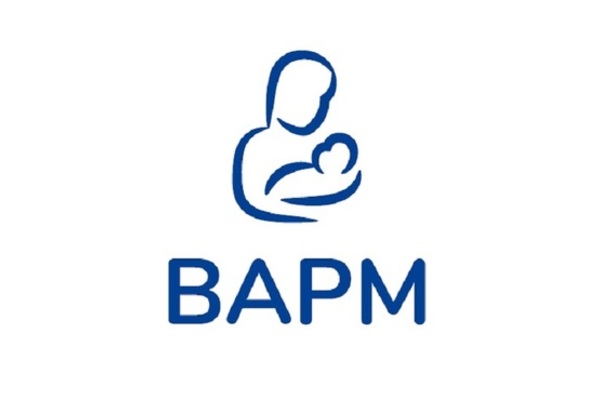BAPM has issued a statement in response to the GIRFT workforce report.
BAPM welcomes this snapshot report into medical and nurse staffing in neonatal units. BAPM has previously defined optimal staffing levels for neonatal nursing, based on activity levels [BAPM Standards 2011] and neonatal medicine in neonatal intensive care units [BAPM Framework on Standards for NICUs], local neonatal units and special care units [BAPM Framework on standards for SCU/LNUs]. These standards have been accepted nationally and are part of the Neonatal Critical Care Service Specification to which all neonatal services should be commissioned and should meet.
In the survey there were gaps in medical staffing in 10% of units and neonatal nurse staffing gaps and non-compliance with BAPM nursing standards in 15% of units. We note the poor compliance with standards for nursing and medical staffing across all levels of neonatal unit. There are likely to be many reasons for staffing gaps but this matter is of great importance because sub-optimal medical and nurse staffing is associated with adverse outcomes and may impact on training of junior medical as well as nursing staff.
Medical rota gaps appear to be worse for Tier 2 and Tier 3 staffing overnight and at weekends. There is wide variation in the numbers of junior doctors available relative to occupied intensive care/high dependency cots.
Nurse staffing is worse in neonatal intensive care units where the sickest most vulnerable babies are cared for. It is very worrying that only 79% of nursing shifts met the standards and this figure was only 60% in NICUs.
A number of concerns were identified around weekend working including safe medical, nursing and administrative staffing levels, higher stress and overworking in LNUs and SCUs and non-availability of the wider multidisciplinary team. Medical staffing levels and compliance with BAPM staffing standards is much lower at weekends, particularly in LNUs; addressing this should be a priority in a service that does not deal with elective activity.
We strongly support the recommendations of the report and encourage neonatal ODNs and Hospital Trusts to review staff requirements against recommendations. Commissioners must work with Trusts and Networks to ensure that standards are achieved.
The following recommendations made in the report could help to facilitate this:
- Units should review medical workload and activities particularly at weekends in light of concerns regarding higher stress, anxiety and feelings of overload at weekends.
- All units should review the roles and responsibilities of the whole multidisciplinary team, including role of AHPs, pharmacy, psychology and other support roles such as phlebotomy and Physician Associates; workforce transformation is required to provide a good quality service for the future.
- All units should review the role and availability of administrative and clerical support in neonatal services including weekend working requirements.
- Tier 1 doctors should perform NIPE checks for unwell infants in the neonatal unit and review babies in the postnatal wards when problems are detected. NIPE checks for well term babies should be performed by the midwife and should not be a routine part of the Tier 1 medical role.
- All units should have agreed guidelines for which deliveries require neonatal attendance and practice should be regularly audited to prevent unnecessary attendance.
- Units need to work harder to create a culture where medical staff are expected to take breaks in line with the BMA junior doctor contract and RCPCH trainee charter. Organisation of workload, communication with staff groups and mini audits with feedback to all colleagues can all be helpful in reinforcing this habit, particularly in the current pandemic.



